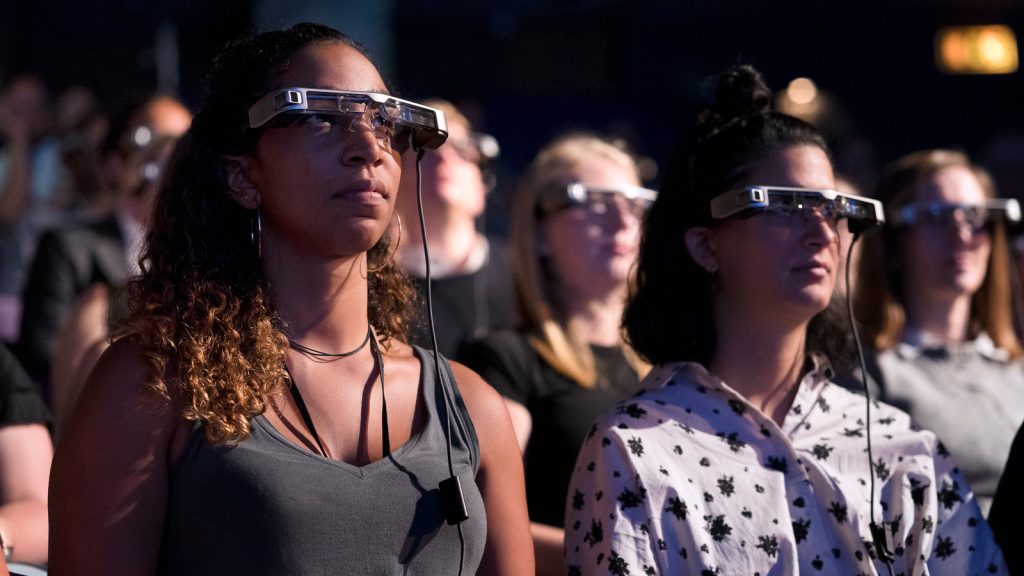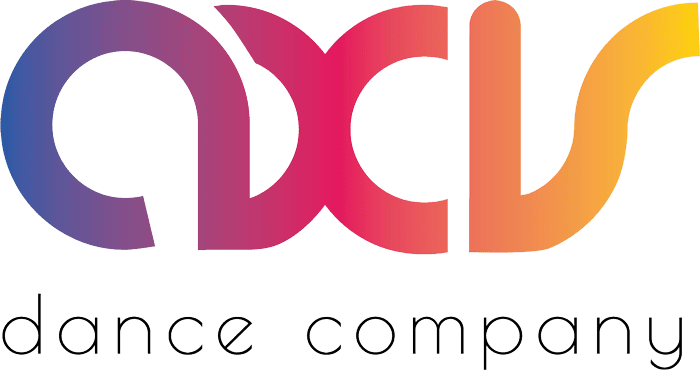Access is a transformative practice and it’s ever-evolving. Just as the arts are always progressing with new innovations, tech, and more, so is access. There is no one way to achieve access. It is imperative to keep up to date by listening, following, and amplifying the Disabled Community.

Although important disability anti-discrimination legislation has sometimes created standards and definitions about access, there is no one-size-fits-all form of accessibility. Our bodyminds change, our relationships to others change, our interfaces with our surroundings change. And so, too, must our notions of what accessibility is and does.
The least dangerous approach often requires that we put assumptions aside. Ask questions of your collaborators directly. Attune to decision-making that should be done collectively, with space for dialogue and disagreement. Access needs can be emergent and mysterious, so moving with curiosity is often the best approach. Be especially care-full in comparing your previous experiences with Disabled Artists to new collaborations.
We end here by stressing this ever-evolving nature of accessibility as a call, an invitation, and a prompt. To keep going, keep innovating, keep learning, and keep connecting.
Disabled Artists are making work that models how the artistic process can be a way of creating the conditions we need to thrive. Disabled Artists make artistry that makes space for all of us.
“There’s so much in my experiences growing up in an immigrant household, growing up disabled, and having all of these different experiences in which I didn’t have a lot of say of who I was, or who I can be, or who I could be received as. I became possible through the art of making processes where I was creating things that allowed me a fair amount of creative choice. Having that choice, that amount of exploration made it possible for myself within those processes, creates respite: a place where I feel, where I see my wholeness, see abundance, and see that my experiences are enough and have always been.
Yo-Yo Lin, “On the Process of Processing”
Questions
- What/Who are your go to resources when you need to learn or research about access?
- What do you think will be the first aspect of your organization’s access plans to be changed/updated?
- Who in your organization holds access knowledge? Who is in the best position to protect the longevity of that?
Resources
-
Example: Disability. Dance. Artistry. Task Force.
-
Disabled Artists in the Mainstream
-
Dance and Disability Resources – Boston Dance Alliance
-
Sins Invalid’s 10 Principles of Disability Justice
-
National Theatre (UK) – Closed Caption Glasses
-
KQED: Feeling, Not Seeing, the Performing Arts: Theaters Get Creative About Accessibility
-
Access Dramaturgy – an evolving field
